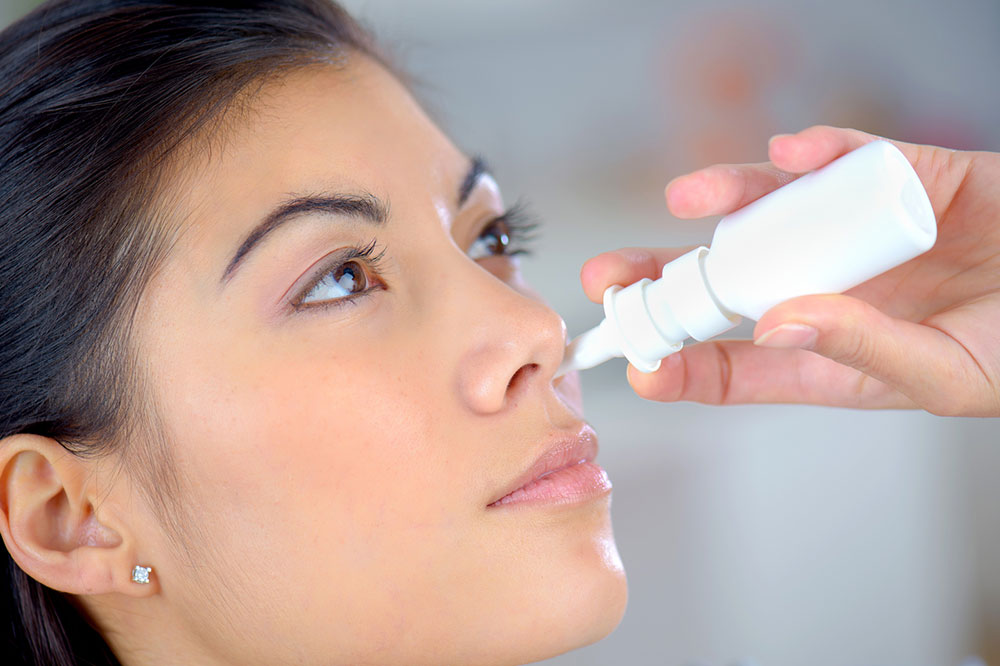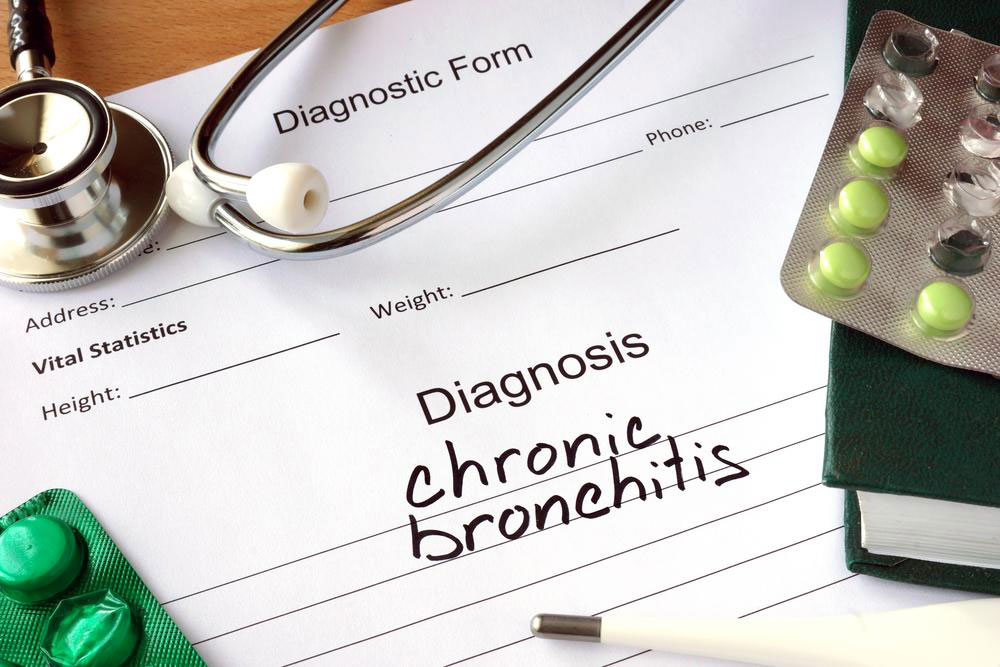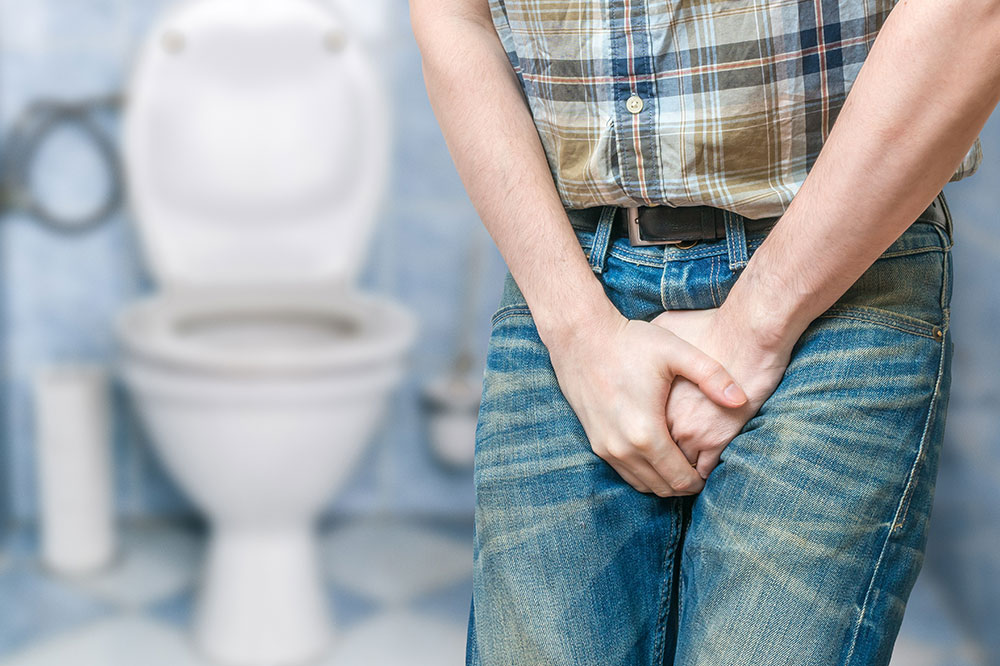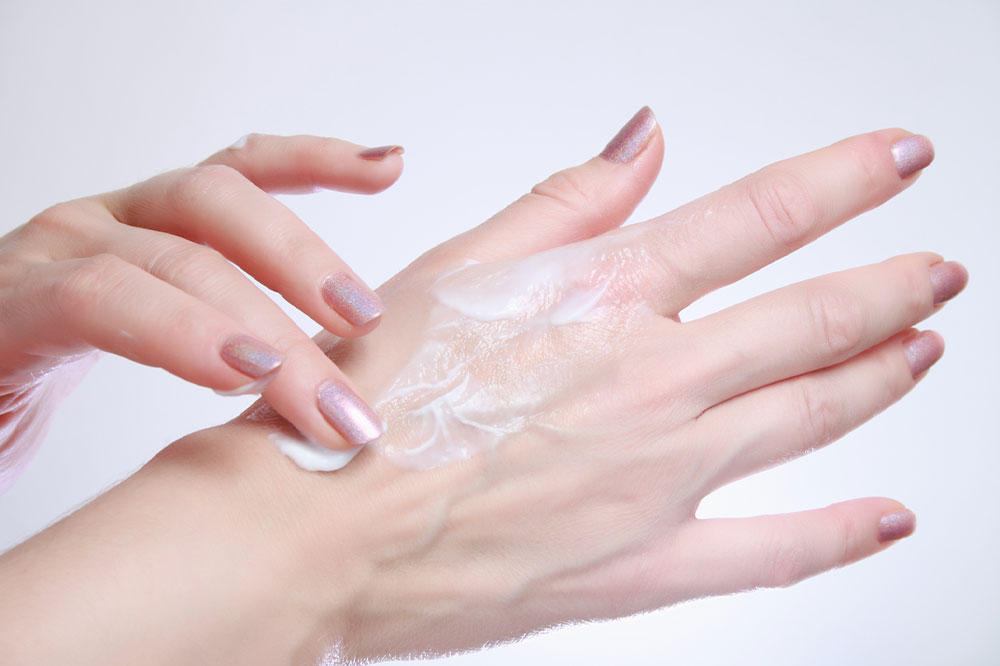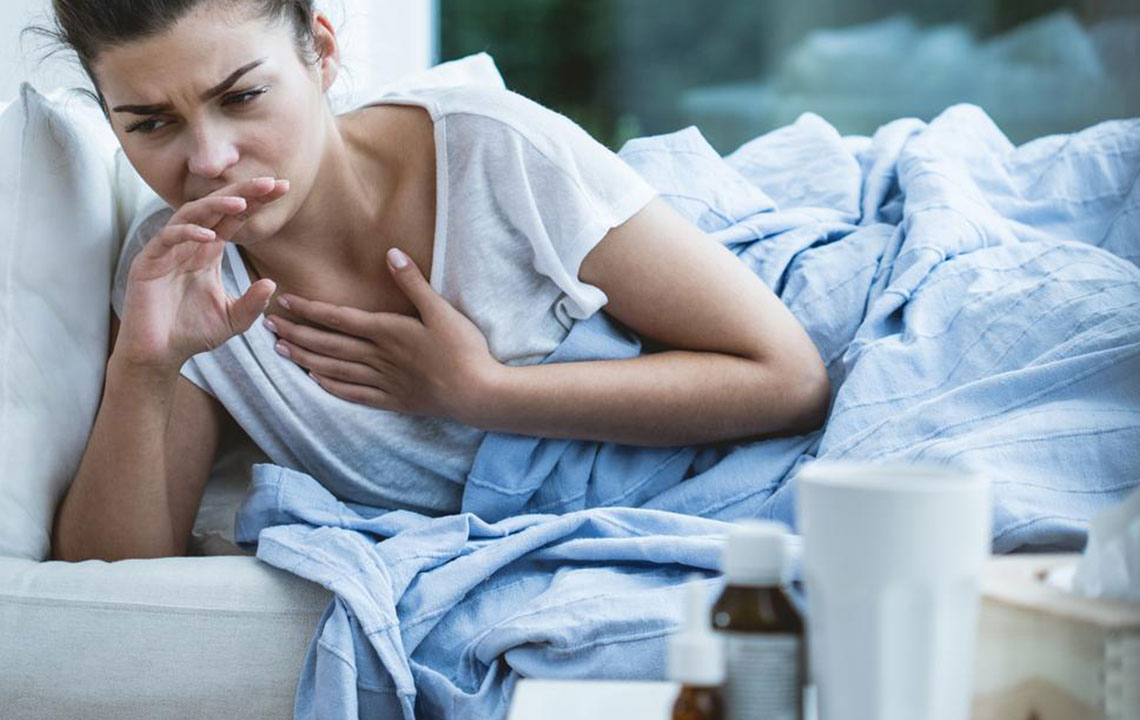Complete Guide to Managing Post Nasal Drip and Cough
This article provides comprehensive information on post nasal drip-related cough, including causes, symptoms, treatments, and prevention tips. It emphasizes early diagnosis and effective home remedies, guiding readers on managing this common condition for better health and comfortable living.
Sponsored
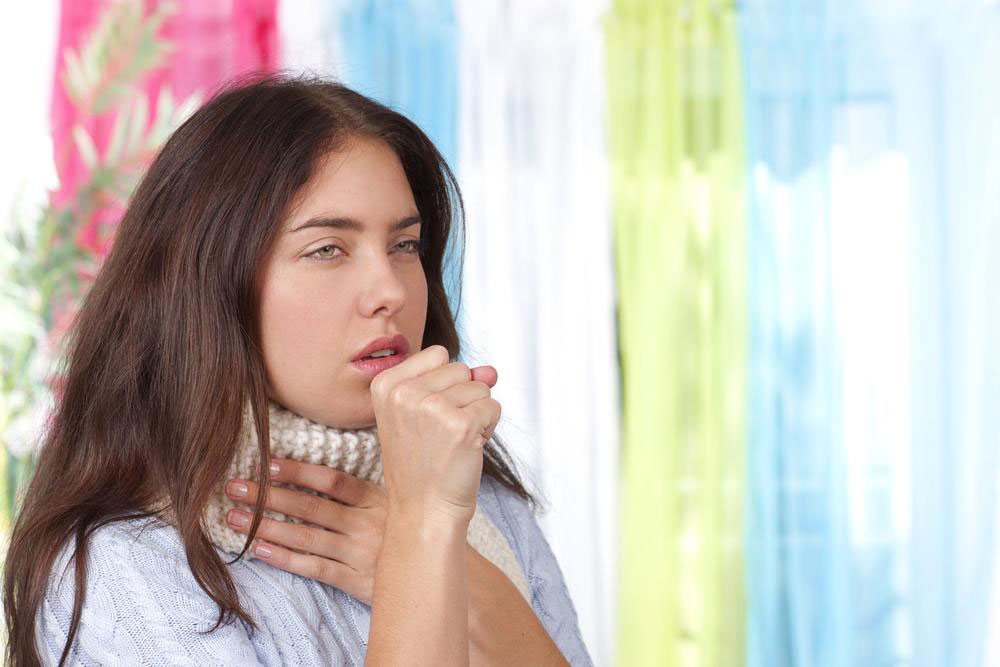
Understanding Post Nasal Drip and Its Impact on Your Health
Post nasal drip leading to cough is a common health issue that affects both children and adults. It can disrupt daily activities, cause sleepless nights, and bring about fatigue. Accurate diagnosis and timely treatment can effectively manage this condition.
What causes post nasal drip cough?
The nose, throat, airways, and stomach naturally produce mucus daily. This mucus traps bacteria and viruses, protecting the body, and keeps passages moist. Usually, it combines with saliva and drips down the throat unnoticed.
When allergies or infections cause excess mucus production, it becomes thicker and may drain down the back of the throat, resulting in post nasal drip. This can cause persistent coughing, especially if untreated. Consulting a healthcare professional is essential for effective management.
Symptoms and Underlying Causes
Post nasal drip can irritate the throat and nasal passages, leading to frequent throat clearing, sore throat, headaches, ear infections, hoarseness, and sometimes shortness of breath. In severe cases, it might cause coughing up blood.
Various factors can trigger this condition, including colds, allergies, sinus infections, certain medications, weather changes, dry air, foreign objects in the nose, spicy foods, or smoke inhalation. If mucus isn't cleared regularly, coughs tend to worsen, often peaking at night and causing sleep disturbances. Women may be more prone to severe episodes due to heightened cough reflexes.
How to Treat Post Nasal Drip and Cough
Treatment varies based on the cause. Bacterial infections may require antibiotics, while viral infections usually do not respond to such medication. Antihistamines like diphenhydramine, loratadine, cetirizine, and levocetirizine can alleviate allergy or viral-related symptoms but may cause side effects like dry mouth, dizziness, or drowsiness. Consulting a doctor beforehand is recommended, especially for children. Nasal sprays and cough suppressants may also be advised by healthcare professionals.
Keeping well-hydrated by drinking plenty of water helps thin the mucus, easing drainage and reducing blockage. Using a neti pot can flush out mucus and bacteria. Taking warm showers or humidifying your environment enhances breathing comfort. Hot beverages like herbal teas and chicken soup can soothe symptoms and prevent dehydration, although they don't cure the underlying issue.
Preventive Tips and Home Care
To minimize symptoms, maintain a clean living space by dusting and vacuuming often. Wash bedding regularly, and use dust-mite-proof covers on pillows and mattresses. Elevating your head with pillows while sleeping can prevent mucus buildup. Air purifiers can reduce airborne irritants. Avoid exposure to cigarette smoke, which worsens coughing. Seek medical attention if symptoms include blood in mucus, foul-smelling discharge, or persistent high fever. Diagnostic tests like X-rays or scans may be necessary for further assessment.

